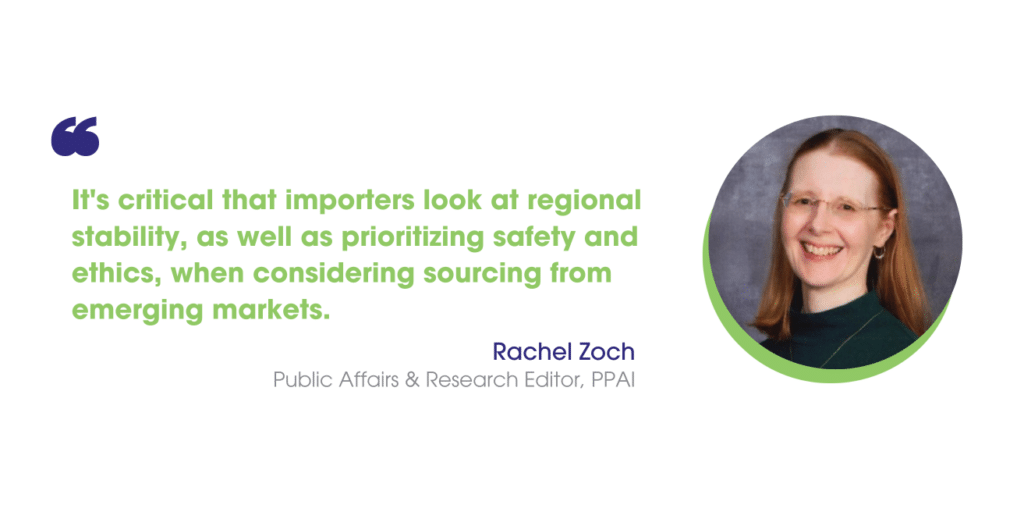Turmoil in Bangladesh has disrupted the apparel industry.
Protests over a quota system that reserves up to 30% of government jobs for relatives of veterans who fought in Bangladesh’s war of independence against Pakistan in 1971 turned violent in mid-July, and has since resulted in more than 400 deaths, The Independent reported.
- The mass uprising forced Prime Minister Sheikh Hasina to resign and flee the country.
Curfews and an internet blackout have been implemented to quell the unrest, but they’ve also led to many international garment buyers either cancelling their orders or demanding compensation for the hassle, The Bangladesh Business Post reported.
- Mohammad Hatem, executive president of the Bangladesh Knitwear Manufacturers and Exporters Association (BKMEA), estimated that orders worth approximately $4 billion were lost to competitors during the internet blackout.
Garment factories, accounting for 90% of Bangladesh’s exports, reopened on Wednesday, Reuters reported.
- Bangladesh was the third-largest exporter of clothing in the world last year, after China and the European Union, according to data from the World Trade Organization.
Impact On Promo
Bangladesh emerged as one of the fastest-growing alternatives to China, especially for apparel, after the tariffs rolled out in 2018, according to Rachel Zoch, public affairs and research editor at PPAI.
- H&M, Levi Strauss, Target and Fruit of the Loom are among major retailers who source garments from Bangladesh factories or have their own operations in the country, Reuters reported.
“Sourcing from Bangladesh hasn’t been without challenges, however, and this latest turmoil comes less than a year after violent protests and a massive weeklong strike by garment workers for higher wages,” Zoch says. “It’s critical that importers look at regional stability, as well as prioritizing safety and ethics, when considering sourcing from emerging markets.”

The unrest may lead to delays in promotional products firms receiving apparel in time for the holiday season, says Larry Whitney, managing partner of Whitney & Whitney Consulting Group and former director of global compliance at PCNA – the No. 3 supplier in the PPAI 100.
- PCNA told PPAI Media last year that it had shifted 90% of its cotton product procurement from China to India and Bangladesh.
“I suspect that the unrest comes at a bad time for those suppliers who are using Bangladeshi factories and have new styles that are supposed to ship to North America in the next few weeks,” Whitney says. “The longer the unrest lasts, the longer it will take factories to manufacture orders. There are often challenges with getting goods on vessels in Bangladesh, too.”

Gildan Activewear – the No. 10 supplier in the PPAI 100 – announced earlier this year that it would shift the manufacturing of its basic apparel pieces from Honduras to Bangladesh.
Despite the unrest in recent weeks, Gildan’s expansion plans will carry on as scheduled, according to Geneviève Gosselin, director of global communications and corporate marketing at Gildan.
“As the situation unfolds in Bangladesh, our priority is to continue to ensure that our employees are safe,” Gosselin told PPAI Media. “Our operations have been temporarily closed to ensure our employees’ safety and respect the three-day government-imposed curfew and declared general holiday. We expect the situation will stabilize over the upcoming days, which would allow us to resume our operations.”
Gosselin says the expansion involves the development of a large multi-plant manufacturing complex expected to house two large textile facilities and related sewing operations. The construction of the first textile and sewing complex is “substantially completed,” Gosselin says, while a “progressive ramp-up” of operations is underway and will continue through 2024.


